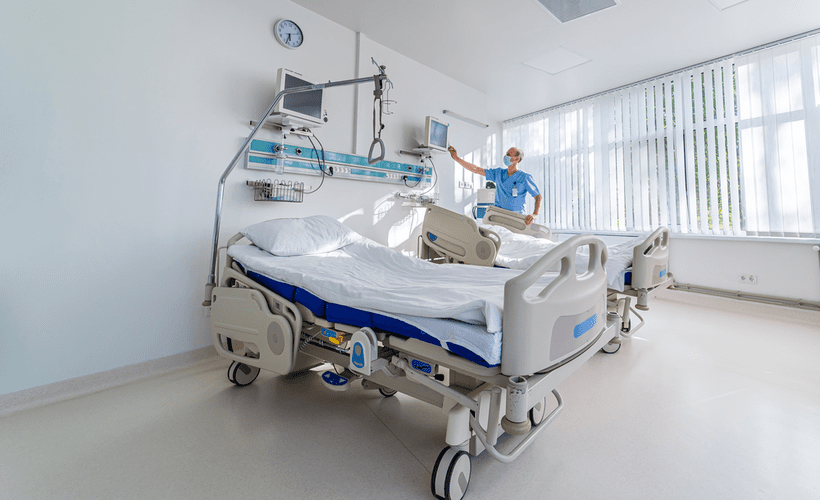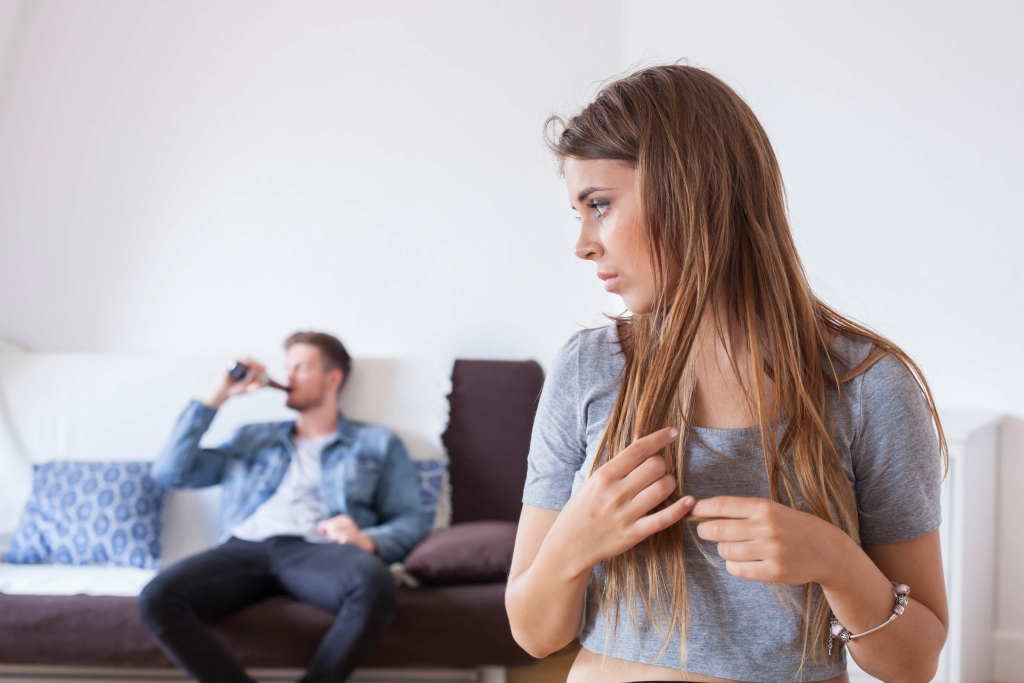Dehydration Headache: What It Is, Symptoms & Treatment
These beverages are generally lower in caffeine, carbonation, and sugar content, which are common triggers for headaches and migraines. However, it is important to note that everyone’s triggers may vary, so it is recommended to track your headaches and identify your specific triggers. Some people experience headaches after consuming soda due to the caffeine content. Caffeine withdrawal or rebound headaches can occur when someone who regularly consumes caffeine suddenly stops or significantly reduces their intake. Caffeine is a mild diuretic, which means it increases urine production and can affect hydration status. Whether or not alcohol is a common migraine headache trigger is debatable.
- These genes may affect the likelihood of experiencing symptoms such as headaches after drinking small amounts.
- Alcohol reduces your levels of B vitamins, making it harder for your body to metabolize and eliminate alcohol.
- Ibuprofen and aspirin can help relieve headaches and pains, but you should avoid acetaminophen.
Why Do I Get a Headache After Drinking Coffee? Uncovering the Hidden Causes
A good way to picture it is to think of your brain as a sponge floating inside a jar of water. The sponge shrinks and tugs on the little strings holding it in place—and that tugging is your headache. When you start to get dehydrated, your brain tissue literally loses water and shrinks. This slight contraction causes your brain to pull away from the inside of your skull, which stretches the delicate membranes connecting them (called the meninges). That physical tension is a direct cause of the pain you’re feeling. Without that crucial signal, your kidneys just open the floodgates.
Can You Cure a Hangover Headache?
In addition to these factors, there are some individuals who are more predisposed to experience headaches during alcohol withdrawal due to a series of genetic factors. This might include a history of chronic migraines, personal sensitivity to changes in brain chemistry, or a series of other pre-existing conditions that will vary from person to person. Understanding these interconnected physiological and neurological mechanisms provides insights into why headaches are a prevalent symptom during alcohol withdrawal. Many of the same tips for preventing a headache after drinking also work for treating one. Hydration and electrolyte replacement is one of the best things you can do to help recover from an alcohol-induced headache. Make sure to avoid hydrating drinks that are heavy in sugar, as either low blood sugar or high blood sugar can make a hangover headache worse.
Clear alcohol vs. dark liquor
- Congeners are primarily found in darker liquors like brandy, whiskey, and wine.
- Whether it’s the ingredients, dehydration, or something else entirely, you’ll discover what might be causing your discomfort.
- Dependency on alcohol doesn’t only impact those struggling with addiction.
- The drink you choose has a massive impact on how you feel the next day, and it all comes down to something called congeners.
Knowing why you get a headache after drinking is one thing, but actually doing something about it is what counts. It’s always better to get ahead of the problem than to deal with the aftermath. With a few smart moves before and during your night out, you can seriously lower your chances of waking up in a world of hurt. As your liver starts breaking down ethanol, the very first thing it creates is a why do you get a headache after drinking compound called acetaldehyde. This stuff is seriously nasty—in fact, some studies show it’s up to 30 times more toxic than alcohol itself.
Hangover Headaches Vs. Withdrawal Headaches
- Talk with a doctor about ways to identify your migraine triggers and what to do if you develop these headaches.
- If you experience migraine headaches after drinking alcohol, it may be best to avoid alcohol or that certain type of alcohol.
- This affects the fluids surrounding the brain and decreases the blood pressure and blood flow to the brain.
- Also, if you notice a pattern where sleeping in the next morning pushes back a regular coffee habit and you end up with head pain, a caffeine headache could be at play.
Another thing that remains unclear is if the quantity and type of alcohol you drink determines whether you will get a migraine headache. People without migraine who consume greater quantities of alcohol often report immediate headaches. Then again, according to a 2023 review of research, studies have found that alcohol appears to be less likely to cause migraine headaches. Talk with your healthcare professional if you’re concerned that frequent heavy drinking may lead to serious problems, such as alcohol withdrawal. The most effective way to avoid a hangover headache is to avoid drinking, or avoid drinking in excess. But it you’re already dealing with a hangover, try one or more of these tips to see what works for you.

Not Everyone Feels Fine After Red Wine, and a Flavanol May Be the Culprit
But if either food seems to bother you, go with your gut and steer clear. “The symptoms of people with food intolerances experience can vary,” Tan acknowledges. To recover, ice your jaw and take an anti-inflammatory pain medication, Hamrah recommends. MPD can also strike if you clench your jaw during sleep, but Hamrah says wearing a night guard can help what is alcoholism keep the clenching at bay. Levels of quercetin can also differ depending on how the wine is made, including skin contact during fermentation, fining processes and aging. Above all, be smart, drink water, and always treat yourself with kindness.
Can sensitivity to coffee additives cause headaches?
A cocktail headache is a headache that occurs within as little as three hours after drinking alcohol. It’s not the same as a hangover headache, which occurs the morning after drinking too much. A cocktail headache develops the same evening, and even a tiny amount of alcohol can trigger it. Experiencing headaches after drinking too much of alcohol is a common issue, but many people complain about feeling pain in the head every time they start drinking. If you drink regularly, you may already know how to deal with hangovers. Also, if you notice a pattern where sleeping in the next morning pushes back a regular coffee habit and you end up with head pain, a caffeine headache could be at play.
That throbbing pain you feel after a few drinks isn’t just bad luck. It’s a direct, predictable reaction from your body telling you something’s up. Headaches from alcohol boil down to a perfect storm of dehydration, inflammation, expanded blood vessels, and totally disrupted sleep.
Every Time I Drink I Get a Headache, Why?

Outpatient treatment may be appropriate for people who have a strong support network and have not had an issue with alcohol for long. Alternatively, an inpatient program where you stay at a treatment center may be a good decision if you need a more structured environment. The best program for you depends on your personal preferences and needs. Talking with a recovery expert can help you make the right decision. If headaches keep happening, you may have chronic (long-term) dehydration. Chronic dehydration can lead to serious medical problems, including https://www.bw-group.com.ar/web/2021/07/09/cbt-motorcycle-and-moped-training-who-needs-to/ kidney stones and urinary tract infections (UTIs).
Drink lots of water to rehydrate your body and help flush the alcohol from your system. A sports drink with electrolytes is also helpful for this purpose. Alcohol’s diuretic effect increases urine production, leading to dehydration.
